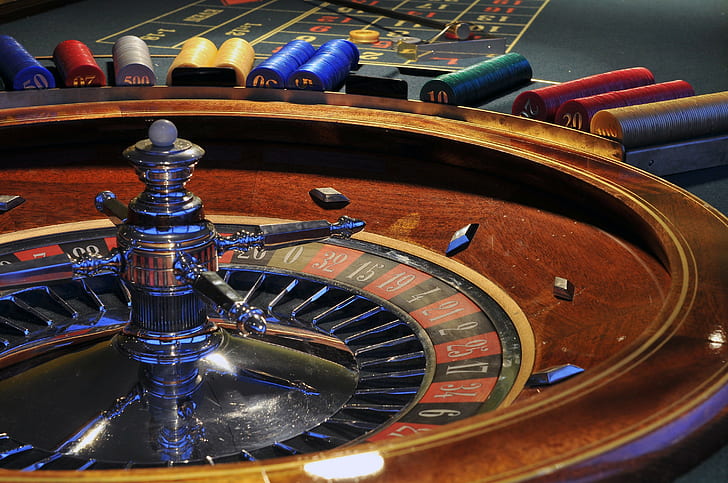Roulette, a classic game of chance, has captivated countless enthusiasts across centuries. The allure of the spinning wheel, the captivating drop of the ball, and the thrill of anticipating where it might land make the game incredibly appealing. But beyond the surface aesthetics and excitement, the idea that a roulette wheel might have a bias, and what that implies, is a topic that has both intrigued and vexed researchers, gamblers, and casino operators alike. This article delves deep into the subject, shedding light on the intricate facets of wheel bias, its implications, and the debate surrounding it.
The Mechanics Behind the Wheel
Before venturing into the specifics of bias, it’s imperative to understand the underlying mechanics of the roulette wheel.
Roulette wheels are designed with precision and care, aiming to ensure randomness in every spin. Made up of numerous components, including the wheelhead, pockets, ball tracks, and separators, these wheels are constructed to maintain balance and fairness.
However, no matter how well-designed, wheels, like all objects, are susceptible to wear and tear. Continuous use, environmental conditions, and even the minutest manufacturing imperfections can lead to irregularities. These deviations, no matter how slight, can theoretically influence the outcome of the spins.
The precision in the design of a roulette wheel aims to ensure random outcomes. Yet, the inevitability of wear and tear raises questions about possible biases.
Spotting a Biased Wheel: The Methods
If biases exist, how can they be spotted? Players and researchers have employed various methods to identify a possible tilt in the wheel.
- Visual Inspection: This is the simplest approach. It involves closely observing the wheel for physical defects like wobbly frets, uneven surface, or misaligned pockets.
- Statistical Analysis: This method requires noting down a significant number of spins (often in the thousands) and analyzing the results to see if some numbers come up more often than probability suggests.
- Electronic Equipment: Some players have attempted to use electronic devices to gauge the wheel’s speed and predict where the ball might land. However, this is prohibited in most casinos.
- Collaboration with Dealers: In some cases, players believe that certain dealers, either due to fatigue or consistent hand movement, might be involuntarily producing biased results.
From simple visual checks to detailed statistical analyses, various methods have been tried to identify wheel biases. The efficacy of these methods remains a topic of debate.
The Casino’s Countermeasures
With the potential financial implications of a biased wheel, it’s no surprise that casinos employ rigorous countermeasures to protect the integrity of the game.
Casinos invest heavily in ensuring their roulette wheels remain free from bias. Regular maintenance checks, wheel replacements, and even shifting the position of wheels on the casino floor are some of the steps taken. Additionally, advanced monitoring systems track spin outcomes to spot any patterns, enabling quick interventions if irregularities arise. Casinos also remain vigilant against players who record spins, viewing such behavior with suspicion.
Casinos understand the implications of wheel bias and take proactive steps to ensure the game remains fair and unpredictable.
Roulette: A Game of Chance or Skill?
The debate around wheel bias gives rise to a bigger question: Is roulette purely a game of chance, or can skill play a part?
Roulette is inherently a game of chance. The randomness of the outcome is what makes it so appealing to many. However, the belief in wheel biases suggests that with the right knowledge and keen observation, one could potentially turn the odds in their favor. It’s worth noting that even if biases exist, they are fleeting and often corrected swiftly by the casino.
While strategies and betting systems can be employed, they don’t alter the fundamental odds of the game. Hence, roulette should primarily be viewed as a form of entertainment rather than a surefire way to wealth.
While the allure of spotting biases offers an intriguing twist, roulette remains, at its core, a game of chance, best enjoyed for its entertainment value.
Overall, it may be said that the spin of the roulette wheel is emblematic of life’s unpredictability. The debate on wheel bias adds an extra layer of fascination to an already captivating game. Whether approached as a leisurely pastime or an academic interest, the essential thing is to enjoy the game for the thrill it offers, understanding that, like many things in life, its outcomes are largely unpredictable. Remember, the essence of gambling, including roulette, is fun, and it should be approached with caution and responsibility.






